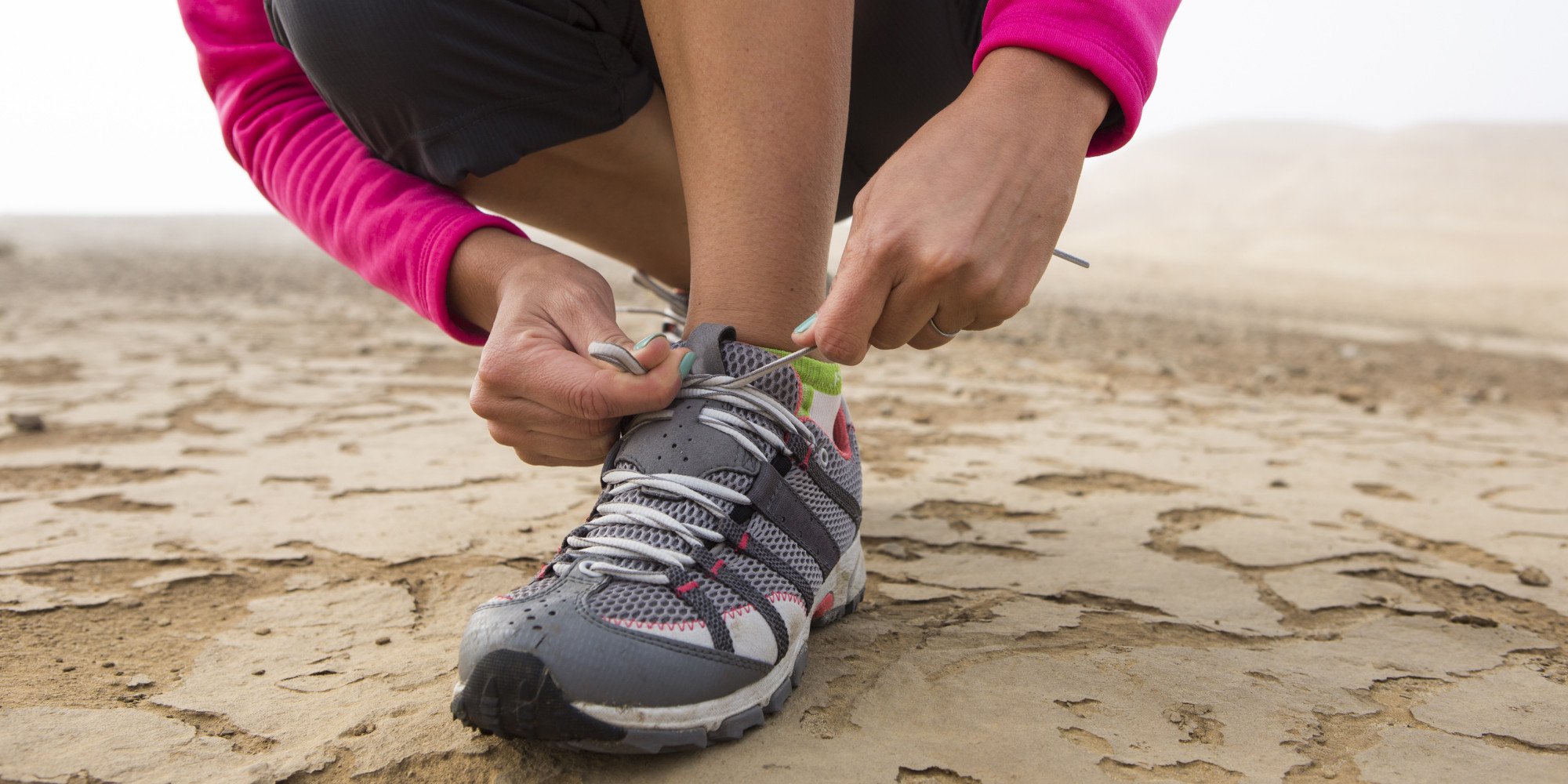
What happens to your body when you start exercising regularly?
If you’re just beginning to exercise, here are some changes you can expect along the way. During your first workout you might feel more alert and energized because you are ramping up your heart rate, which is a boost in overall blood flow and oxygen to the brain.
But prepare yourself for the day after, when you’ll almost certainly get a case of DOMS, short for delayed-onset muscle soreness. The soreness usually persists for about 72 hours. But the good news is you’re less likely to get it again as long as you continue to work out those same muscles.
Over the next few weeks, you’ll slowly start to ramp up production of mitochondria, via a process called mitochondrial biogenesis. Mitochondria are the parts of your cells that convert carbs, fat, and protein into fuel that your muscles use to do their job, like flex and contract. The great news is that after 6 to 8 weeks, studies show that you can increase your mitochondria by up to 50%. With more mitochondria in your cells, you’ll start to feel more fit and your endurance will increase.
So doing your fit10 workouts will not feel as difficult as it did during the first week. Once you’re 6 months in, all of that hard work will finally start to show. You’ll notice your muscles begin to take shape.
Nine months in you should see about a 25% increase in your VO2 max. VO2 max is often used as a measure of fitness. It refers to the rate your body can transport oxygen to your muscles for fuel. Basically, higher VO2 max means you can run faster for longer.
After one year of regular workouts your bones will be denser, which reduces your risk of osteoporosis. In fact, researchers have found that regular resistance training can actually reverse the effects of osteoporosis after 12 months.
Finally, if you stick with your fit10 workouts, your benefits will be more than just physical. Your bank account may also beef up. Studies reveal that older people who exercised five days a week, saved on average $2,500 a year in medical costs, for heart-related health problems alone.
You’ll also be at a lower risk of developing arthritis, type 2 diabetes, dementia, and certain types of cancer like breast and colon.
As you begin, it’s important to pace yourself and not push too hard too fast. You’ll discover that the fitter you become the easier it will be to exert a little more energy the next week, and the next week, and so forth.
